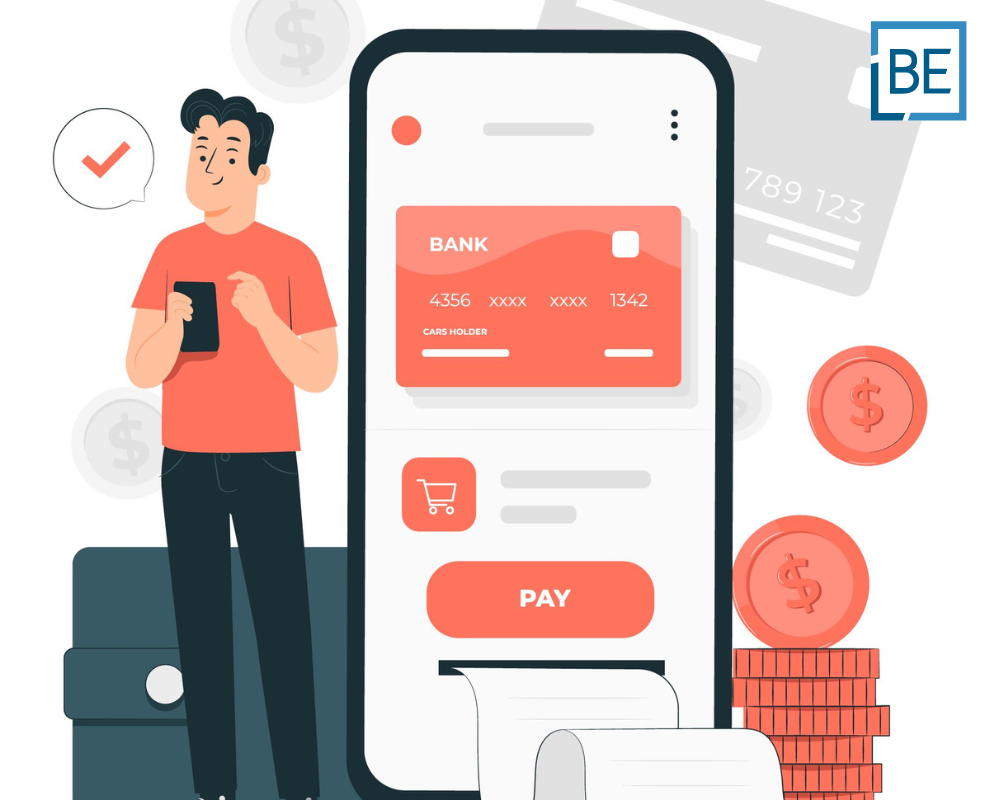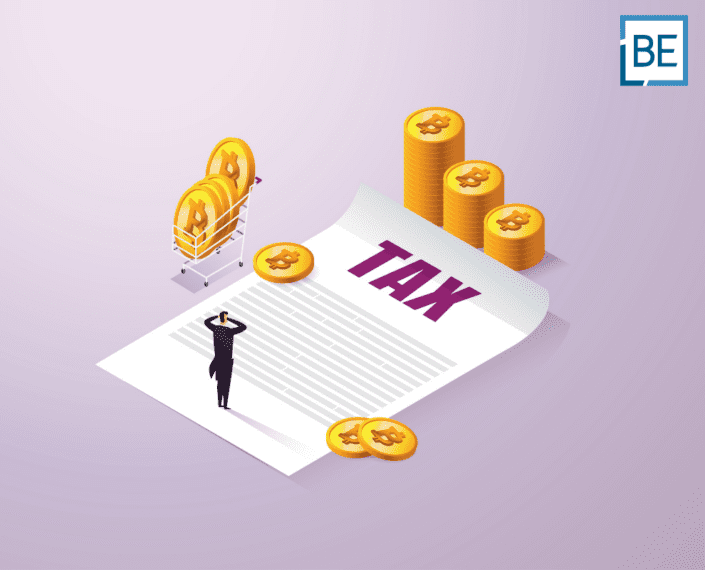Belaws Home ›› Thailand ›› Blog ›› A Everything You Need to Know About E-Payment Licences in Thailand
legal
Everything You Need to Know About E-Payment Licences in Thailand
E-payment services have become increasingly popular in Thailand, and any company that wishes to offer such services must obtain an e-payment licence. The Minister of Finance issued the licence based on the Bank of Thailand’s recommendation, ensuring that only trustworthy and competent service providers can receive e-payment licences.
This blog post will discuss the requirements for obtaining an e-payment licence and the process involved.
Key points
- An e-payment licence is required for offering electronic money services, acquiring services, payment facilitating services, electronic money transfer services, and services for receiving payments on behalf of sellers, service providers, or creditors.
- The applicant must be a limited company, a public limited company or financial institution, a specialized financial institution or a state enterprise.
- At least one company director must be a Thai national residing in Thailand.
- The paid-up capital requirements vary depending on the e-payment service offered.
- The application process involves an initial consultation, pre-approval, and full submission of the required documents.
What is an e-payment licence?
In Thailand, certain services have been classified as e-payment services, and anyone who offers such services must obtain an e-payment licence.
An e-payment licence allows the company to operate and offer these services to the public legally. The Minister of Finance issues the licence based on the Bank of Thailand’s recommendation. It is a regulatory measure to ensure that only trustworthy and competent service providers can offer payment services in the country.
Does my company need an e-payment licence?
An E-Payment License is a licence that must be obtained by service providers who offer services such as:
- electronic money services,
- acquiring services,
- payment facilitating services,
- electronic money transfer services, and
- services for receiving payments on behalf of sellers, service providers, or creditors.
The above is known as undersigned payment services (UPS) under Thailand’s Payment Systems Act (PSA).
Those offering UPS must obtain an e-payment licence from the Minister of Finance based on the Bank of Thailand’s (BOT) recommendation before beginning their operations.
Finally, if most of a provider’s shareholders are foreigners, a Foreign Business License (FBL) must be obtained from the Department of Business Development (DBD).
What are the E-payment licence requirements?
For a business to be eligible to apply for an E-Payment Licence they must be able to satisfy the minimum requirements specified below.
- The applicant must be a limited company, a public limited company or financial institution, a specialized financial institution or a state enterprise.
- Company directors must meet the requirements of the BOT notification issued under the PSA and must not have prohibited characteristics, for example,
- being a bankrupt person
- being an incompetent person
- having been sentenced for imprisonment by a final court judgment for any fraud, cheating the creditor, embezzlement
- having been sentenced by a judgment or order of the court on the ground of committing an offence relating to money laundering under anti-money laundering law or involvement in terrorism
- having been discharged from being a director or an executive of a public limited company due to lacking of appropriateness in respect of trustworthiness in managing business
- At least one company director must be a Thai national residing in Thailand.
- The paid-up capital requirements are as follows:
| Debit Card, Credit Card or ATM Card Issuing
(an issuer of debit, credit or ATM cards) |
Not less than THB100 million |
| E-Money
(an issuer of pre-paid stored-value cards, or e-wallets, used for making payments of goods, services or any other charges) |
Not less than THB100 million |
| Acquiring
(accepts card payments by sending/receiving payment transactions to/from payment card networks) |
Not less than THB50 million |
| Payment Facilitating (PF)
(accepts card payments by sending/receiving payment transactions to/from acquisition business providers or other payment facilitation providers) |
Not less than THB10 million |
| Accepting Payment on behalf
(accepts non-card payment instruments, such as e-money and bank account) |
Not less than THB10 million |
| Fund Transfer
(accepts money from a service user, and subsequently transfers it to a receiver) |
Not less than THB10 million |
Furthermore, any business that intends to offer more than one type of e-payment services are required to have paid-up capital of no less than the highest amount of capital required for the services for which they apply.
How do I apply for an e-payment licence?
The application process for an e-payment licence is as follows:
Step 1 – initial consultation: The process involves engaging in a conversation with the Bank of Thailand (BOT) to elaborate on the business model and information system, utilizing information that has been prepared per the Guidelines on Meeting as provided by the BOT.
Step 2 – pre-approval: Prepare and submit the required documents for E-Payment Licence Application.
Step 3 – full submission: Once the Bank of Thailand (BOT) confirms that all the required documents are in order, the final documents will be submitted to the BOT. Subsequently, the BOT will forward the final application to the Ministry of Finance for their consideration in issuing the E-Payment Licence.
How can Belaws help?
If you have a question about e-payment licences in Thailand, please speak directly with one of our experts.
This article is for information purposes only and does not constitute legal advice.
Our consultations last for a period of up to 1 hour and are conducted by expert Lawyers who are fluent in English, French and Thai.
Consultations can be hosted via WhatsApp or Video Conferencing software for your convenience. A consultation with one of our legal experts is undoubtedly the best way to get all the information you need and answer any questions you may have about your new business or project.
USD 150
Up to 1 hour
Online payment (Paypal or Credit card)
Legal consultation can be conducted in English, French or Thai
Legal consultations are handled by experienced lawyers from the relevant fields of practice
Frequently asked questions
What is the Payment Systems Act in Thailand?
The Payment Systems Act (PSA) is a legal framework in Thailand that regulates e-payment services. Under this Act, certain services are classified as undersigned payment services (UPS), and businesses offering these services must obtain an e-payment licence from the Minister of Finance based on the Bank of Thailand’s recommendation.
What are the different types of e-payment services that require a licence in Thailand?
An e-payment licence is required for businesses offering the following services in Thailand:
- Electronic money services
- Acquiring services
- Payment facilitating services
- Electronic money transfer services
- Services for receiving payments on behalf of sellers, service providers, or creditors
These services fall under the category of undersigned payment services (UPS) as per Thailand’s Payment Systems Act (PSA).
What are the E-payment licence requirements?
To apply for an E-Payment Licence in Thailand, businesses must meet the following requirements:
- Be a limited company, public limited company, financial institution, specialized financial institution, or state enterprise.
- Directors must meet Bank of Thailand (BOT) requirements under the Payment Systems Act (PSA) and not have prohibited characteristics.
- At least one director must be a Thai national residing in Thailand.
- Meet paid-up capital requirements depending on the e-payment service offered:
- Debit/Credit/ATM Card Issuing: THB100 million
- E-Money: THB100 million
- Acquiring: THB50 million
- Payment Facilitating (PF): THB10 million
- Accepting Payment on Behalf: THB10 million
- Fund Transfer: THB10 million
Businesses offering multiple services must have paid-up capital of no less than the highest amount required for the applied services.
Related articles
Subscribe today
Subscribe today
To our newsletter for all the latest legal news
in South East Asia, Belaws updates and
special promotions on our services.
To our newsletter today for all the latest legal news in South East Asia,
Belaws updates and special promotions on our services.







